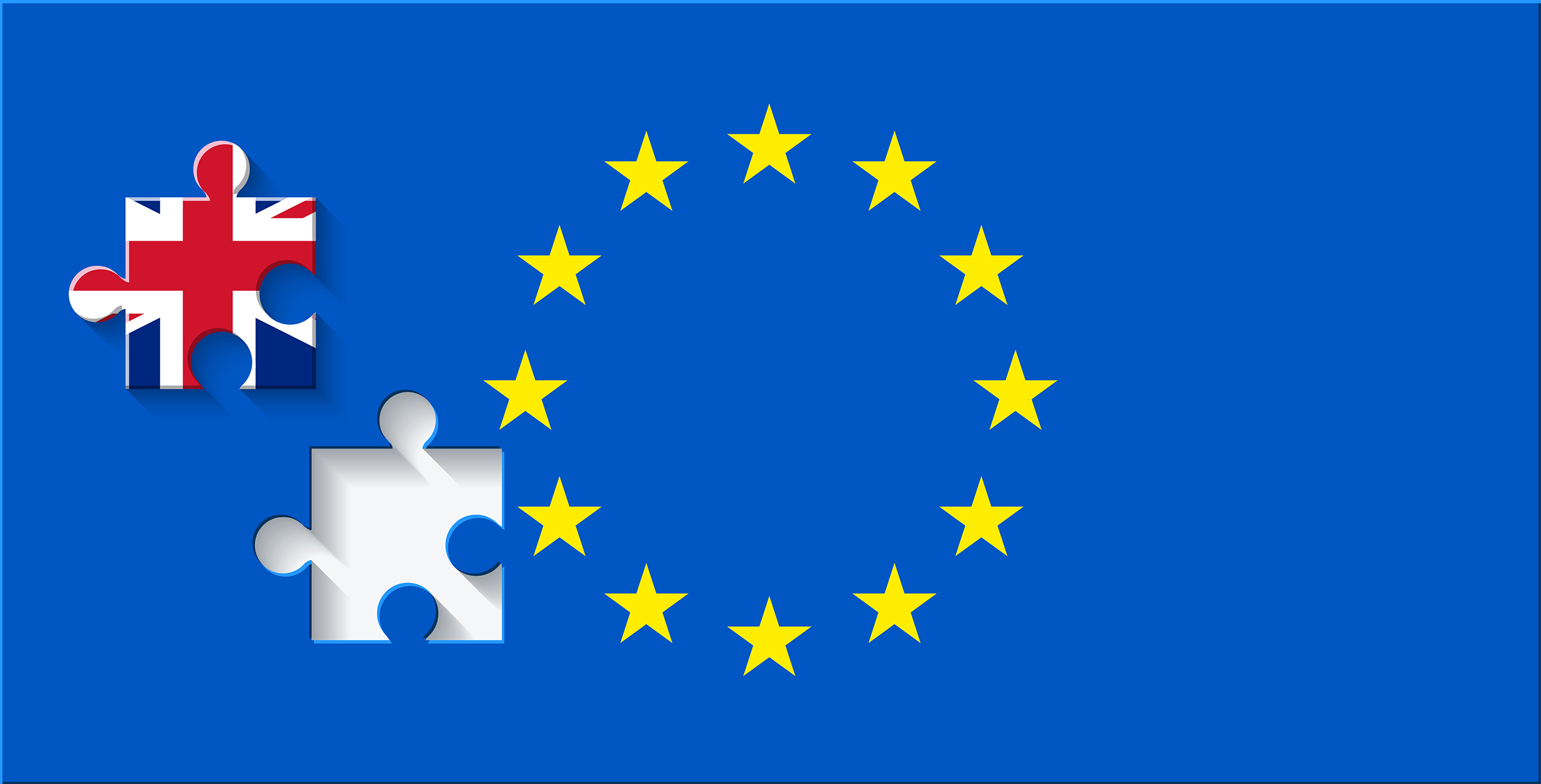UK business leaders: Brexit transition deal needed urgently

Leaders of big and small businesses across the UK say the government must secure a Brexit transition deal soon, or face companies freezing investment and relocating some staff to Europe.
The warning has come from a coalition of five business groups, who say time is running out, with a deal needed by the end of 2018 to prevent companies having to take drastic measures and prepare for a Hard Brexit.
“We need agreement of transitional arrangements as soon as possible, as without urgent agreement, many companies have serious decisions about investment and contingency plans to take at the start of 2018,” the letter to the Brexit secretary David Davis read.
The letter was jointly signed by the Confederation of British Industries, the British Chambers of Commerce, manufacturing trade body the EEF, The Institute of Directors and the Federation of Small Businesses.
This message echoes very closely the warnings coming from the UK biotech and pharma sectors, represented by the BIA and ABPI.
As reported by pharmaphorum two weeks ago, companies operating in medical devices are already leaving the UK in order to avoid the disruption of Brexit, which could see the UK medicines regulatory system completely divorced from the all-important EMA network.
Warning signs have come from across a range of important sectors, none more so than banking and financial services. Lloyd Blankfein, the boss of Goldman Sachs hinted in a recent email that his firm could make a substantial switch to Frankfurt.
Just left Frankfurt. Great meetings, great weather, really enjoyed it. Good, because I'll be spending a lot more time there. #Brexit
— Lloyd Blankfein (@lloydblankfein) 19 October 2017
An ABPI spokesman said the group had always supported a transition period in order to ensure continuity in the European medicines supply chain from ‘day 1’ of Brexit, 30 March 2019.
He said many pharmaceutical companies are likely to be making critical business decisions over the coming months, and a transition agreement would help avoid a ‘cliff-edge’ for business.
Fears are growing because of an impasse in the negotiations between the UK and the EU27.
After direct intervention from Prime Minister Theresa May last week, the EU agreed to allow some groundwork to be done on discussions about a transitional arrangement. Yet there has been limited progress on questions such as the money the UK must pay to meet its existing EU commitments or the Irish border question, which could drag on for months.
A spokesperson for the Department for Exiting the European Union told The Guardian newspaper: “The prime minister proposed a strictly time-limited implementation period in her Florence speech and was clear in her article 50 letter that agreeing this principle early in the process would help minimise unnecessary disruption to businesses in both the UK and the EU.
“We are making real and tangible progress in a number of vital areas in negotiations. However, many of the issues that remain are linked to the discussions we need to have on our future relationship.
“That is why we are pleased that the EU has now agreed to start internal preparatory discussions on the framework for transitional arrangements as well as our future partnership.”
One of the most outspoken remarks within big pharma came from AstraZeneca’s chairman Leif Johansson, who earlier this month called for a transition period of at least three years.











